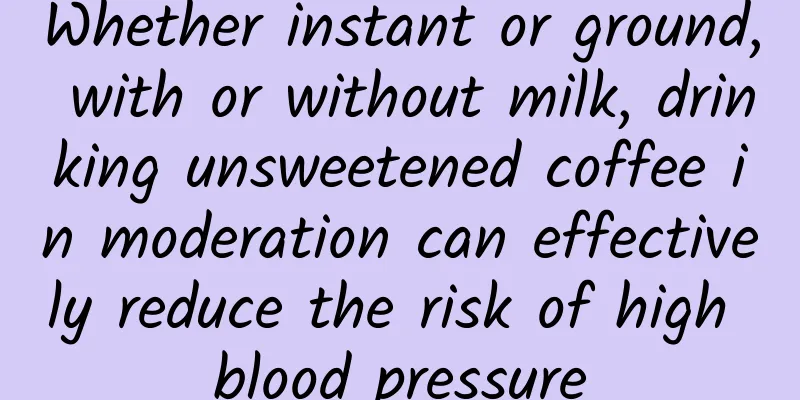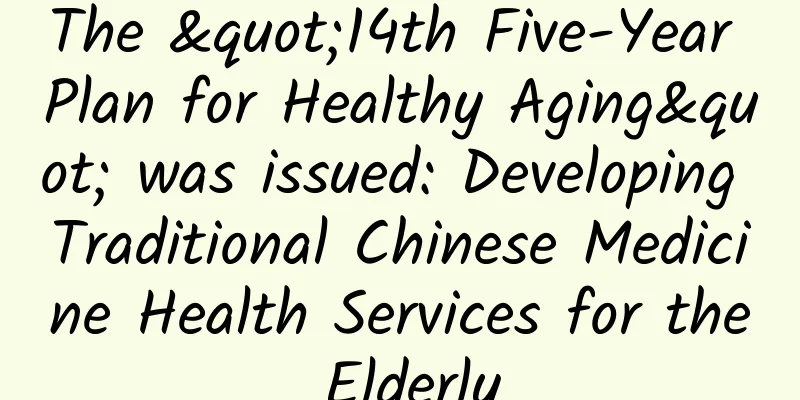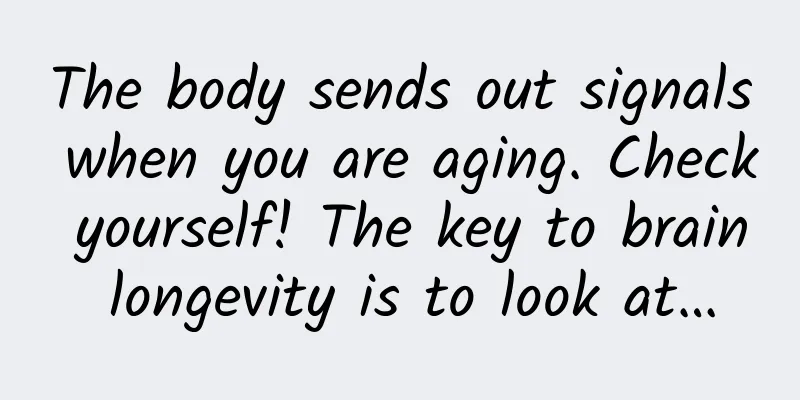Whether instant or ground, with or without milk, drinking unsweetened coffee in moderation can effectively reduce the risk of high blood pressure

|
Hypertension, as a chronic disease that is extremely common and seriously affects health worldwide, is like a silent killer hidden in life, affecting more than 1 billion people each year, causing more than 10.7 million deaths, and significantly increasing the risk of cardiovascular disease and death. Given the potential preventive effect of dietary factors on hypertension, further understanding the complex relationship between dietary factors and hypertension risk is crucial for the primary prevention of hypertension. Coffee is one of the most widely consumed beverages in the world. No study has systematically evaluated the association between long-term coffee drinking and the risk of hypertension, and whether the type of coffee (ground vs. instant) and the use of common additives such as milk and sweeteners affect the association. (The picture comes from the Internet, the copyright belongs to the original author) In response to the above clinical problems, the National Clinical Research Center for Kidney Diseases of Nanfang Hospital of Southern Medical University conducted relevant research, and the research results were published in the Journal of the Academy of Nutrition and Dietetics. The results show that regardless of the type of coffee (instant or ground) or whether milk is added to the coffee, drinking a moderate amount of unsweetened coffee (1-4 cups/day) can effectively reduce the risk of hypertension. The study included 98,765 participants without hypertension at baseline, with an average age of 53.6 years, 62,460 (63.2%) were women, and coffee drinking was collected using a 24-hour dietary recall questionnaire. Based on coffee drinking, the study divided the population into five groups, including non-coffee drinkers, coffee drinking 0-1 cup/day, >1-2 cups/day, >2-3 cups/day, >3-4 cups/day, and >4 cups/day. During a median follow-up of 12.1 years, a total of 7,090 (7.2%) participants developed hypertension. The study found: 1. There was a U-shaped association between coffee intake and new-onset hypertension in people who did not add milk or sweeteners to their coffee (non-linear P=2.001) (Figure 1A) and those who only added milk (non-linear P=2.009) (Figure 1B). Compared with not drinking coffee, drinking 1-4 cups of coffee a day significantly reduced the risk of hypertension by about 15%. However, there was no significant association between coffee intake and new-onset hypertension in people who only added sweeteners to their coffee (Figure 1C) and those who added milk and sweeteners to their coffee (Figure 1D). Figure 1 Relationship between coffee intake and risk of new-onset hypertension under different coffee additives 2. The intake of unsweetened instant coffee or ground coffee showed a U-shaped relationship with the risk of new-onset hypertension, with the lowest risk when drinking 1-4 cups per day. However, sweetened instant coffee or ground coffee was not significantly associated with the risk of new-onset hypertension (Table 1). Table 1 Relationship between sugar-sweetened and sugar-free coffee intake and the risk of new-onset hypertension under different coffee types This study showed a U-shaped association between sugar-free coffee intake and new-onset hypertension, indicating that moderate consumption of sugar-free coffee may be beneficial in reducing the risk of hypertension. Further research found that drinking 1-4 cups of sugar-free coffee a day, whether instant or ground coffee, with or without milk, can significantly reduce the risk of hypertension. How should you drink coffee to prevent high blood pressure? How much should you drink every day? Just remember the tips for drinking coffee: one to four cups of unsweetened coffee, instant coffee, grind as you like, add milk or not to prevent high blood pressure! (The picture comes from the Internet, the copyright belongs to the original author) References Liu M, Zhang Y, Ye Z, Yang S, Zhang Y, He P, Zhou C, Qin 10.1016/j.jand.2024.10.013. Editor | Chen Dan Liang Xiaolong Audit | Qin Xianhui Zhang Yuanyuan |
<<: Sad! A man drank alcohol for 20 years, causing his eyes to turn yellow and his liver to fail!
>>: I popularize science, you listen | Children's myopia cannot wait
Recommend
How to prevent urinary tract infection in women
Due to the special reproductive organ structure o...
Eyelid twitching may be a disease, don’t take it lightly!
Author: Chen Guoqiang, Chief Physician of Aviatio...
Why do I feel unwell all over my body?
Author: Wu Heng, Deputy Chief Physician, Tongji H...
Should pregnant women do NT first or create a file first?
After the pregnancy is diagnosed, the first color...
What to do if you have breast pain before menstruation
Women are prone to physical discomfort before men...
Can I eat mung beans if I have uterine fibroids?
Can people with uterine fibroids eat mung beans? ...
GSMA: Mobile Economy Report 2024
GSMA released the "Mobile Economy Report 202...
Yellow vaginal discharge with blood streaks indicates that there is something wrong with your health
Leucorrhea is a secretion from the female body. N...
Can I have a sauna after I finish my confinement?
People nowadays still know how to enjoy life. Aft...
How long will it take for the second baby to be born after it is half-entered into the pelvis?
Many families are now preparing for a second chil...
What causes cervical vascular bleeding?
There are many female friends around us who suffe...
What are the symptoms of uterine fibroids?
In daily life, there are many women around us who...
Can I eat tenderloin during menstruation?
We all know that women are prone to poor appetite...
Why do girls get wet down there?
The wetness of girls' private parts is caused...
I am about to give birth and my baby keeps moving at night
Fetal movement refers to the movement of the baby...









